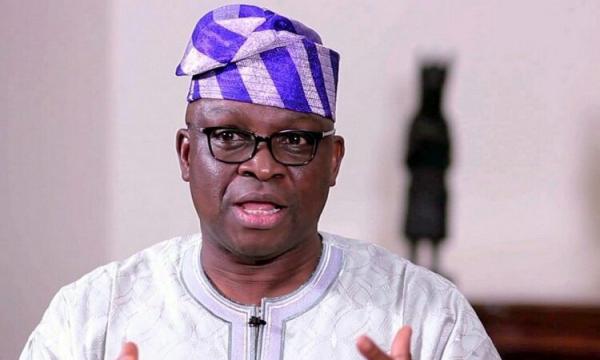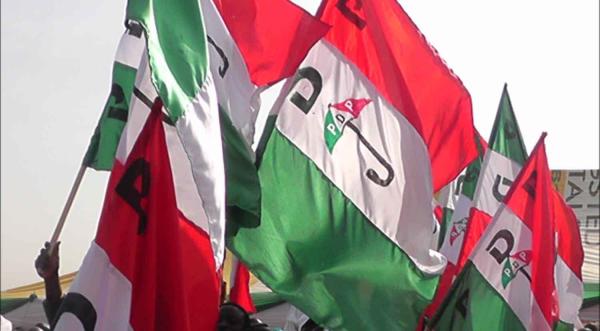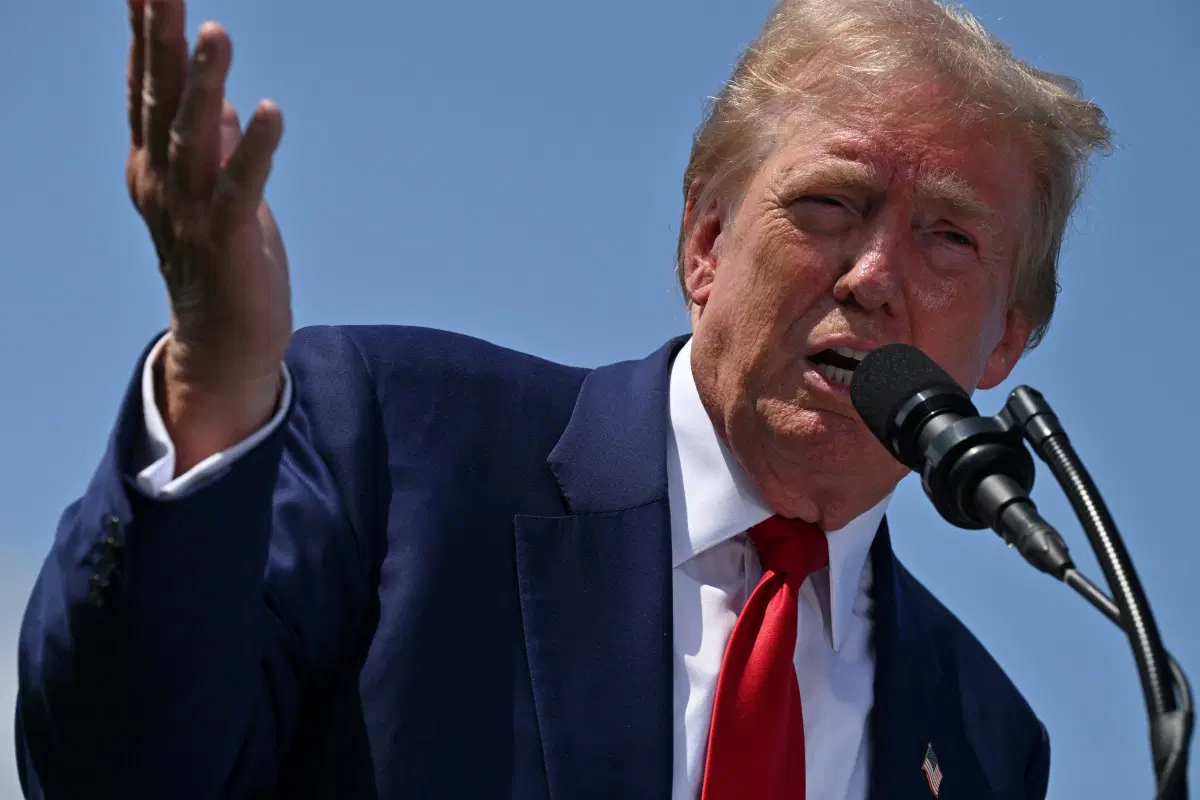
The euphoria brewed among several observers who saw President Muhammadu Buhari’s invitation to the G7 summit as a reassuring fillip for the appeal he elicits in the global circle was not without reason.
Such spirited start by an administration that has barely begun can be adjudged as a sign of greater things to come. Unlike his predecessor who had a frosty camaraderie especially with the United States and Great Britain, President Buhari obviously has the breaks in his favour in spite of the All Progressive Congress’s socially conservative stance on same-sex relations.
It is quite heartening to note that President Buhari’s attendance of the summit connotes a covert acknowledgement of the nation’s economic relevance by a power bloc. Though still plagued by an underproductive youth class, moribund infrastructure and depleted industrial sector, the diplomatic advantage of the nation’s status as Africa’s largest economy is of essence here. But amid the elation that comes with such acknowledgement, it is exigent to ask if the G7 has not really outlived the purpose for which it was formed.
To put the records straight, the G7 whose precursor was the “Group of Six“ was founded in response to the energy crisis of the 1970s and the unilateral conversion of the dollar to Gold by former US President Richard Nixon. In spite of having risen from the economic vagaries of that era, there are still a number of political and economic maladies which arguably justify the organisation’s existence. Prominent among them are the security challenges in the Middle East and Africa; the maritime security in the Persian Gulf; the feasibility of the Millennium Development Goals; the expansionist programme of Russia, and the prospective nuclear proliferation in Iran.
That notwithstanding, it is pertinent to still ask if global economic issues can be comprehensively discussed without the active participation of the emerging economies like China and Brazil. Is it rational to assume that the core of global economic discussion and governance can be dwelt upon without the active participation of emerging economies represented under the international forum known as the Group of Twenty (G-20)? Despite the fact that the economic clout of the G7 countries isn’t in doubt, the changing structure of the global economy at large gives the G-20 a yawning gap over the G7.
In 2009, the G-20 was declared as the premier forum for international economic cooperation. As at today, the G-20 economies account for almost 85 per cent of the gross world product and two-thirds of the world’s population. Gone are the days when the vulnerability of the likes of the US alone could trigger recession across the globe. With the evolving structure of the global economy, a fragile hit on the financial sector of an unheralded India is enough to send shivers down the spine of other economies.
The overwhelming economic clout of the G7 peaked as far back as the 1980s when it contributed 56 per cent of the global output compared to its current 46 per cent. Over the same period, the global output of emerging economies, constituting the G-20, has risen from 31 per cent to 85 per cent. This, obviously, is a clear indication of the radical change on the global economic landscape. Most observers actually believe that the G7’s status as the main council of wealthy nations has been relegated for good after the G-20 summit held five years ago in Washington DC, US. Also gone are the days when the operations of the International Monetary Fund were almost an exclusive preserve of the G7. A typical example of this lost relevance is in the area of the exchange-rate management. During the organisation’s imperial reign, the US was once forced to realign the exchange-rate system due to the debt burden of most developing nations.
This action was meant to spur growth across the globe at the expense of the US. This growth- transfer policy led to the Plaza Accord which was signed by West Germany, France, US, Japan and the United Kingdom known as the G-5 nations.
A similar intervention was also engineered in the wake of the devastating earthquake that hit Japan in 2011; subsequent attempts by individual countries to initiate such interventions through monetary policies led to currency wars which elicited stern reactions from the G-20. Putting the economic aspects of the G7’s waning influence aside, it is equally important for Nigeria to decide if attending the G7 summit is the country’s little way of implying that it is on the same page with these nations as it relates to sanctions imposed on Russia. It should be recalled that one of the many sins of ex-President Jonathan before the powers-that-be was his decision to turn to Russia for ammunition after the hesitant demeanour of the US towards the country’s security challenges.
Is President Buhari willing to tailor the trajectory of the nation’s foreign policy in tandem with the whims and caprices of the G7 whose opinion is often in dissonance with the more encompassing G-20? While it is needless making attempts to shield the annexation of Crimea by Russia, Nigeria nevertheless needs to carefully weigh the pros and cons before taking sides. Should Nigeria openly discountenance Russia in the light of the support it stands to gain from the West, the country might as well be ready to risk diplomatic confrontations with Brazil, China, India and South Africa who are all die-hard, diplomatic partners of Russia. Suffice it to admit at this juncture that the G7 has become a mere spectacle of the bigger picture. Without any intent to whittle down the relevance of President Buhari’s rapport with the G7 leaders, it is imperative for him to navigate his economic policies along a path that would afford the leeway for a wider penetration and a more purposeful leadership.
OPINION By Kadiri Tolani, CEOAFRICA.






















